(Dan Tri) - Resolution No. 18-NQ/TW with new policies of the Party plays a great role in continuing to innovate, perfect institutions and policies, and improve the effectiveness and efficiency of land management and use.

Great role in perfecting institutions and policies
More than two years ago, the late General Secretary Nguyen Phu Trong signed and issued Resolution No. 18-NQ/TW of the 5th Conference of the 13th Party Central Committee (Resolution 18) on "Continuing to innovate and perfect institutions and policies, improving the effectiveness and efficiency of land management and use, creating momentum to turn our country into a developed country with high income". This Resolution sets out the requirement to innovate and perfect institutions and policies on land management and use in accordance with the development institution of a socialist-oriented market economy . The State ensures sufficient resources to develop land use planning and sectoral and sectoral planning involving land use. In addition, the Resolution sets out the requirement to ensure harmony in interests between people, investors and the State, in which people are the center, leaving no one behind. Another new point is that the Resolution provides guidance on higher tax rates for those who use large areas of land, many houses, speculate on land, are slow to use land, and leave land fallow. Mr. Vo Hong Thang - Director of Consulting Services and Project Development, DKRA Group - commented that Resolution No. 18, when issued, has many new points, is a breakthrough in land management, and is expected to create a strong driving force for the country's development in the new period. The Resolution aims to enhance the role of the market in land management and use; enhance the role of the representative owner and the State's management capacity on land. At the same time, resolutely prevent corruption and negativity in the land sector; ensure harmony in the interests of the people, investors and the State, in which the people are the center and no one is left behind. The Resolution also provides guidance on higher tax rates for those who use large areas of land, many houses, speculate on land, are slow to use land, and leave land fallow. In particular, the Resolution requires: Abolishing the land price framework; having a mechanism and method for determining land prices according to market principles; regulating the functions, tasks and responsibilities of agencies responsible for determining land prices. According to Mr. Thang, the requirement to abolish the land price framework is a major revolution for the real estate industry. This creates publicity, transparency and suitability, minimizing negative impacts on land, and both people and businesses benefit. From an overall perspective, Mr. Thang believes that the contents of the Resolution have a direct impact on the legislative plan, raising the issue of perfecting related specialized laws such as the Housing Law, Construction Law, Planning Law, etc. And the effectiveness of the Resolution is that in the past time, the Government has directed relevant units to promptly perfect the legal framework for laws related to real estate. At the end of June, the National Assembly simultaneously passed the Land Law, Housing Law, and Real Estate Business Law, which will take effect from August 1, 2024, 5 months earlier than previously stipulated.
Important changes to real estate taxes
Professor Dang Hung Vo affirmed that Resolution 18 is of special importance because the subject is land. This Resolution has set the task of connecting well between the market to develop the economy and ensure social and environmental sustainability. According to him, to do all of this, policies are needed to attract contributions from economic organizations, individual households. The world has proven that land use tax and ownership of attached assets are the most reasonable, effective and sustainable ways of contributing. "In our frame of reference, whoever uses a lot of land must contribute a lot, which is the most appropriate manifestation of the regime of public ownership of land," Professor Dang Hung Vo wrote on Dan Tri right after Resolution 18 was issued. He pointed out that since 2002, every time the revised Land Law was drafted, the Central Government has issued a guiding Resolution with land policies that need to be renewed. The Resolution is also the basic document for building a land law system. On March 12, 2003, the 7th Central Conference (9th tenure) issued Resolution 26 on continuing to innovate land policies and laws during the period of accelerating industrialization and modernization of the country. This Resolution did not require innovation in land tax but only focused on innovating the real estate transfer tax, shifting to income tax from real estate transfer. On October 31, 2012, the 6th Central Conference (11th tenure) issued Resolution 19 on continuing to innovate land policies and laws during the period of comprehensively accelerating the renovation process. This Resolution proposed the issuance of real estate tax with the following contents: (1) Tax is a tool to regulate the real estate market and is a stable source of budget revenue; (2) real estate tax is levied on land, housing and other assets attached to land; (3) progressive tax collection for projects that leave land fallow, do not or are slow to put land into use; (4) People who own a lot of land, leave land abandoned, or put land into use late are subject to higher taxes. According to Professor Dang Hung Vo, the Law on Agricultural Land Use Tax was issued in 1994, but the National Assembly has exempted it almost completely until 2025. The Law on Non-Agricultural Land Use Tax was issued in 2010 with a very low tax rate (the basic tax rate is 0.03%, compared to the practice in industrialized countries of 1-1.5%). Vietnam has not yet taxed houses and other assets attached to land. "Low real estate tax is the main cause of real estate speculation, hoarding savings in real estate. From here, real estate price fevers are formed, bubbles accumulate, creating virtual prices, making real estate prices increasingly high. For many years, real estate in large cities in Vietnam has been among the highest in the world," Professor Dang Hung Vo analyzed. This will lead to four main consequences: One is that high land prices will lead to high prices of manufactured goods, reducing national competitiveness and not attracting investment; two is high inflation when the virtual value of real estate increases sharply; three is the inability to provide affordable housing for the people; four is the inability to self-regulate population distribution, causing cities to exceed infrastructure thresholds. Looking at these four consequences, it can be seen that the development and promulgation of appropriate real estate tax laws is inevitable.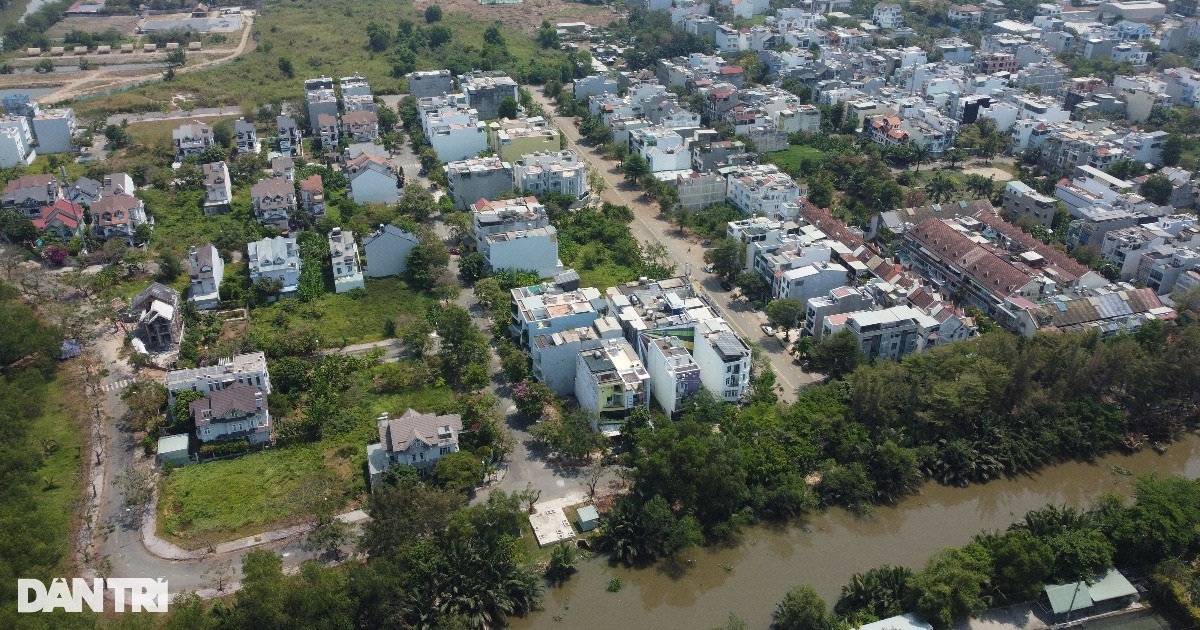
Dantri.com.vn
Source: https://dantri.com.vn/bat-dong-san/di-san-cua-tong-bi-thu-nguyen-phu-trong-nghi-quyet-18-voi-nhieu-diem-dot-pha-20240719184020209.htm

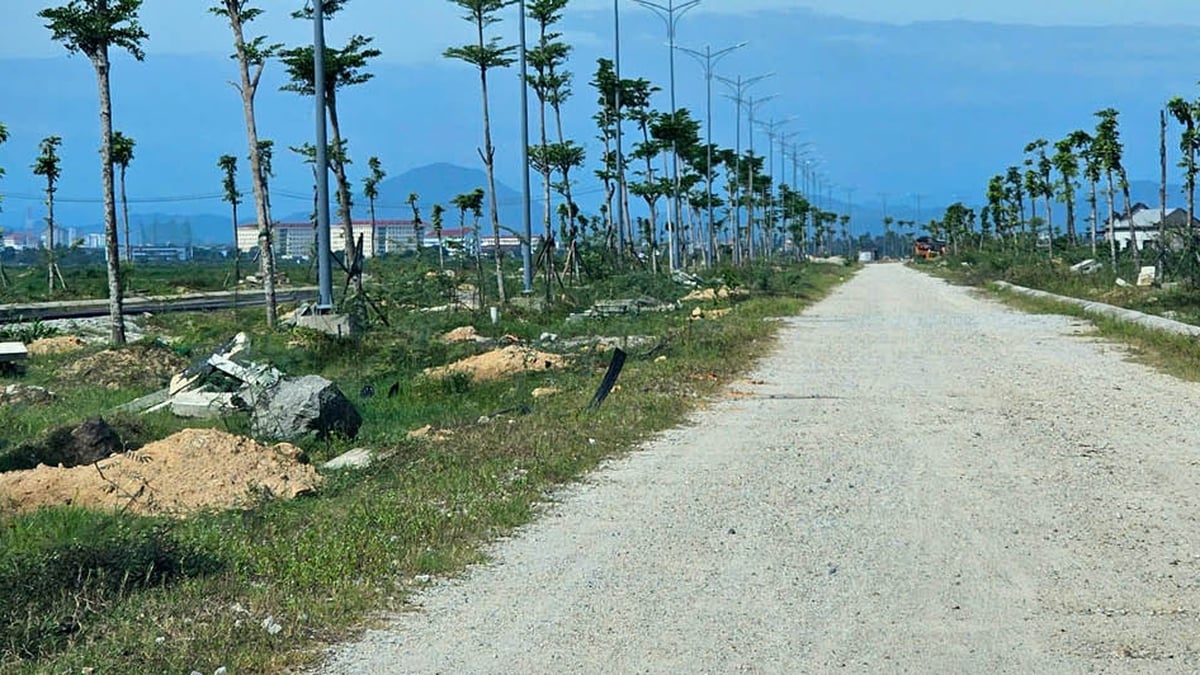
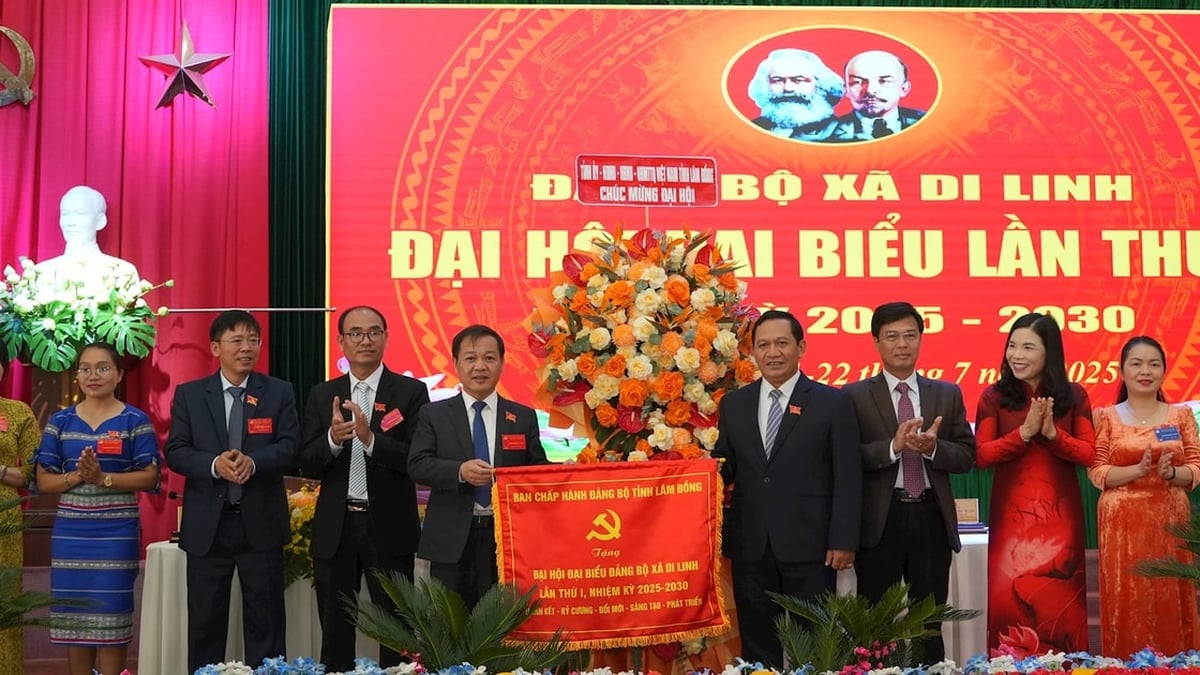

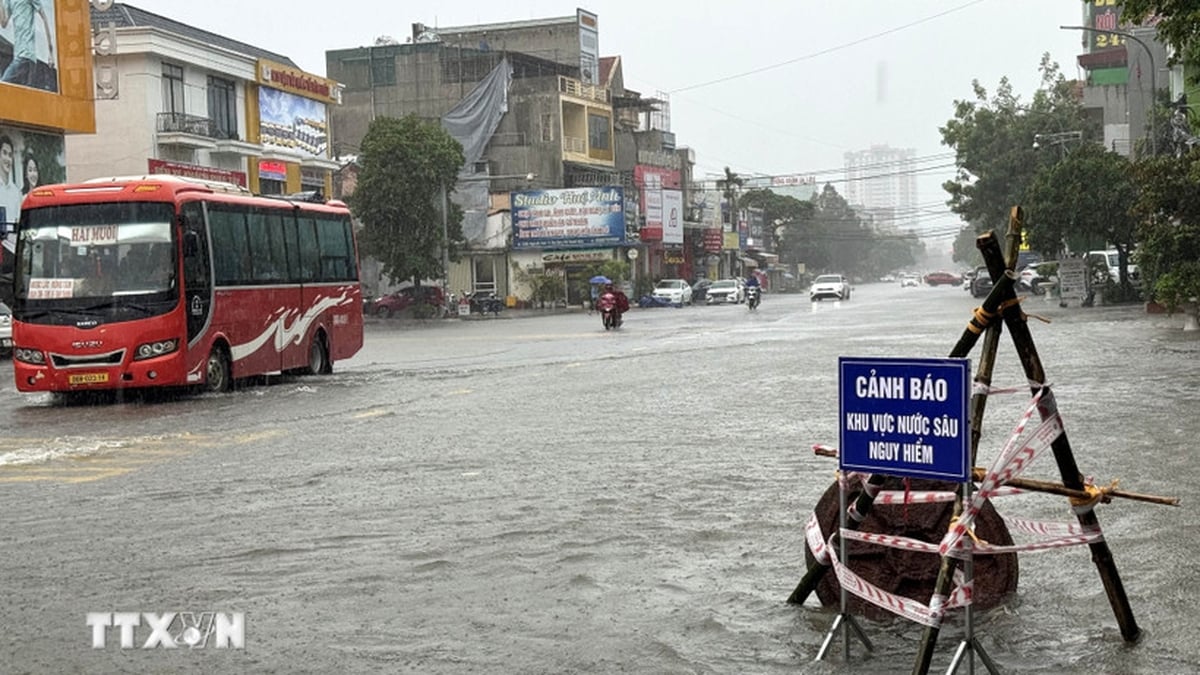
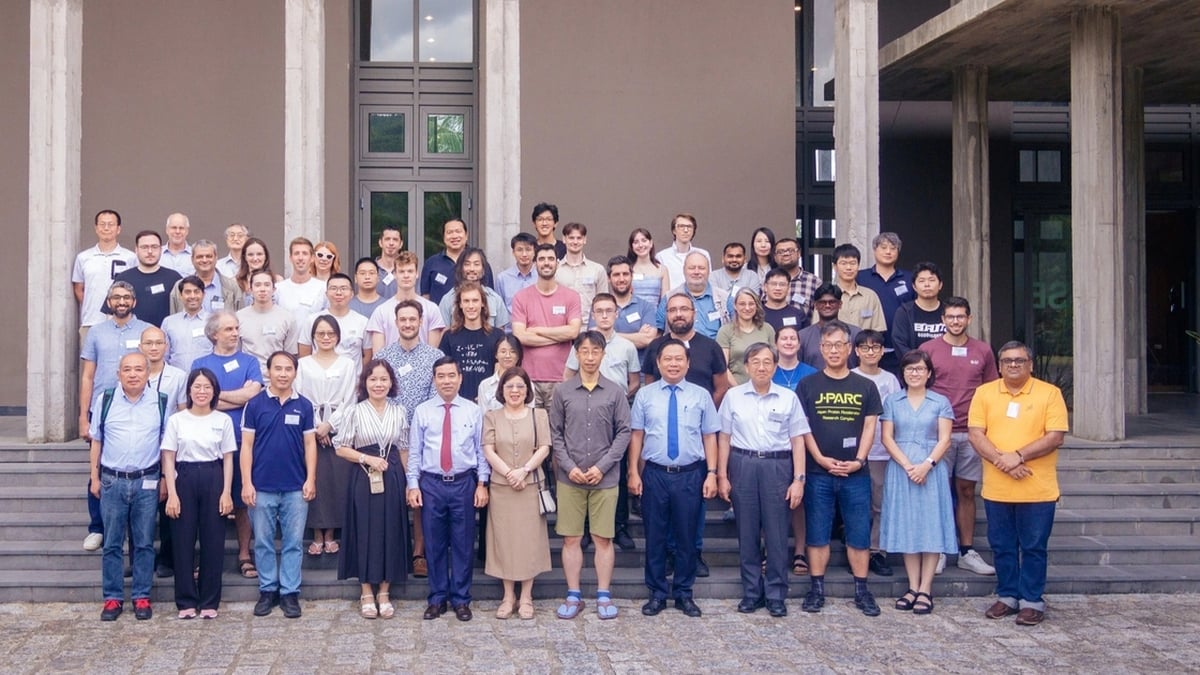


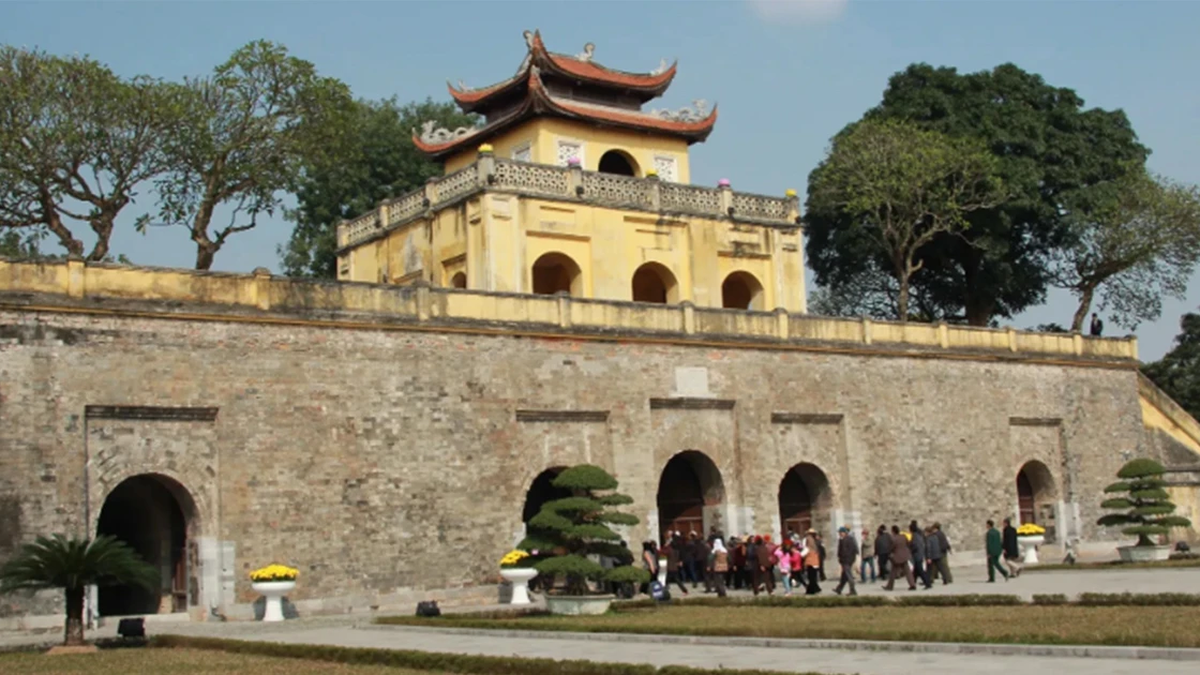

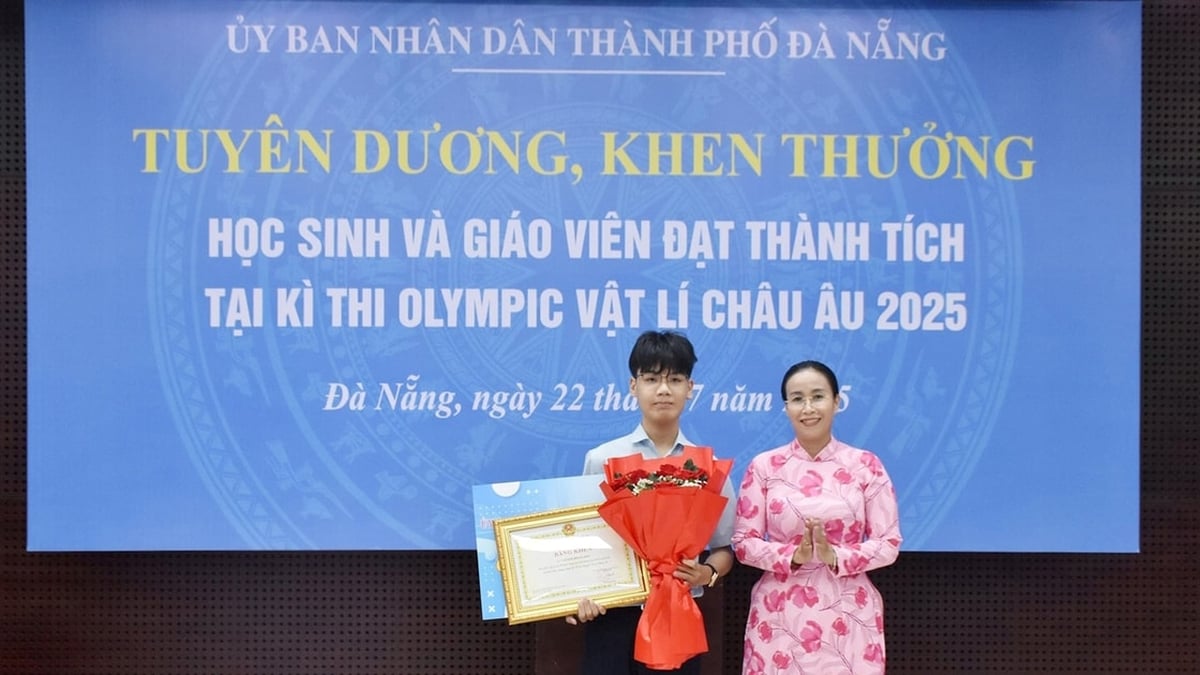










![[Photo] National Assembly Chairman Tran Thanh Man visits Vietnamese Heroic Mother Ta Thi Tran](https://vphoto.vietnam.vn/thumb/1200x675/vietnam/resource/IMAGE/2025/7/20/765c0bd057dd44ad83ab89fe0255b783)














































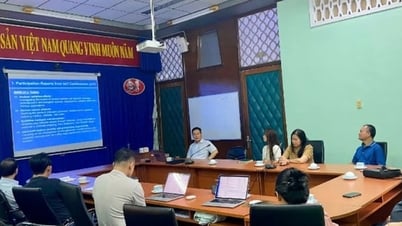





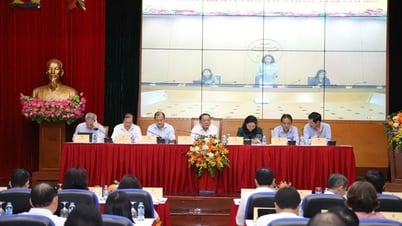

























Comment (0)